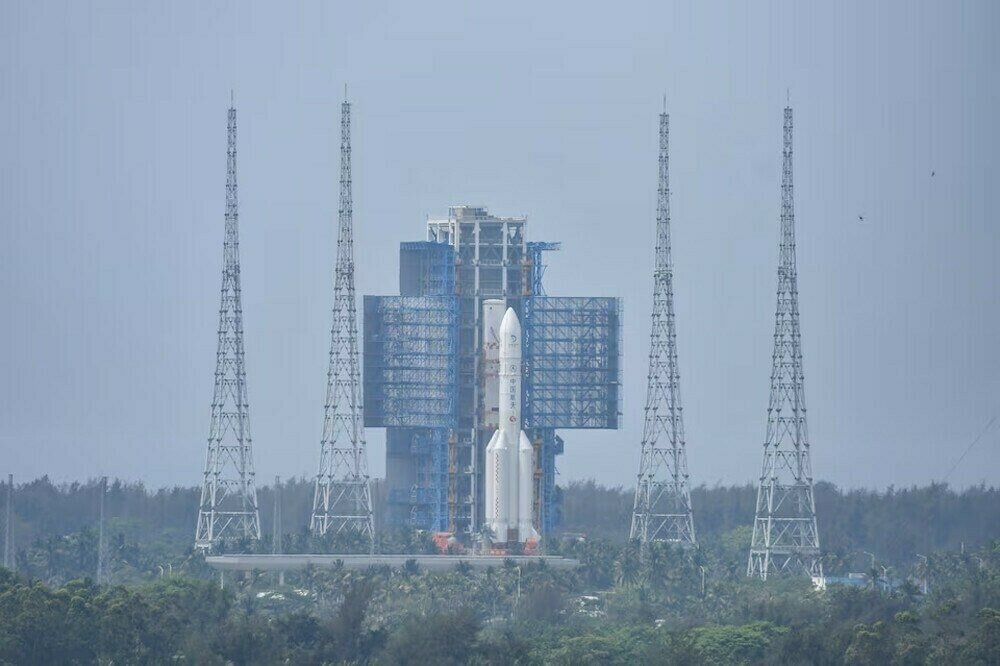
Pakistan achieves a significant milestone in space exploration as its first lunar satellite, iCube Qamar, is successfully deployed into orbit as part of China’s Chang’e-6 mission. Developed by the Institute of Space Technology (IST) in collaboration with Shanghai University SJTU and Pakistan’s space agency SUPARCO, iCube Qamar marks a momentous achievement for the nation’s burgeoning space program.
Launched from Hainan, China, on May 3, Chang’e-6, China’s lunar mission, aims to gather samples from the Moon’s far side for research purposes. The inclusion of iCube Qamar in this mission underscores Pakistan’s growing prowess in space technology and its commitment to international collaboration in lunar exploration efforts.
iCube Qamar, a CubeSat satellite, signifies a leap forward in Pakistan’s space capabilities. CubeSats, characterized by their small size and standardized design, are instrumental in scientific research, technology development, and educational initiatives in space exploration. These modular satellites adhere to specific size constraints and are utilized for a range of missions including Earth observations, remote sensing, communications, and technology demonstrations.
The successful deployment of iCube Qamar not only marks a significant achievement for Pakistan’s space program but also strengthens global cooperation in lunar research endeavors. It sets the stage for further advancements in space exploration and positions Pakistan as a key player in the international space community.
Also, see:
Iran, Pakistan Seek Completion of Stalled Gas Pipeline Project